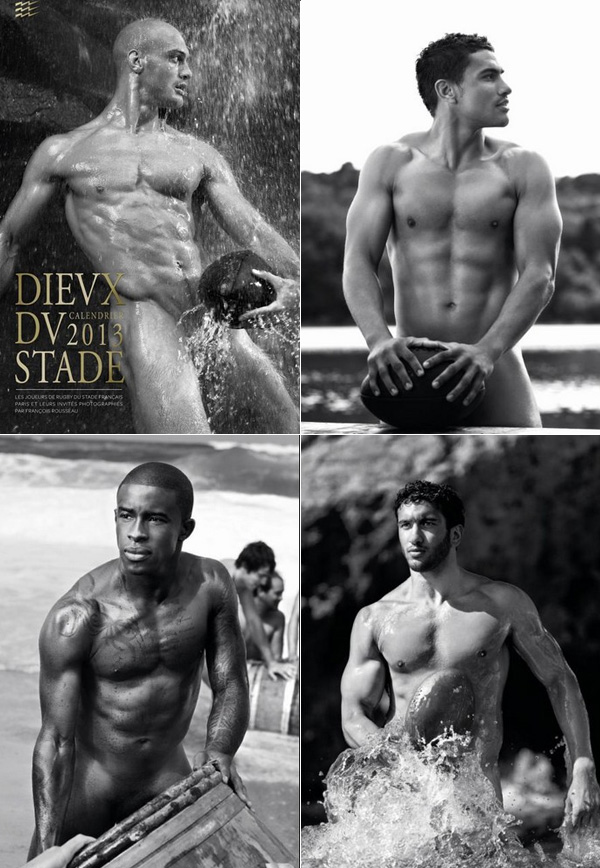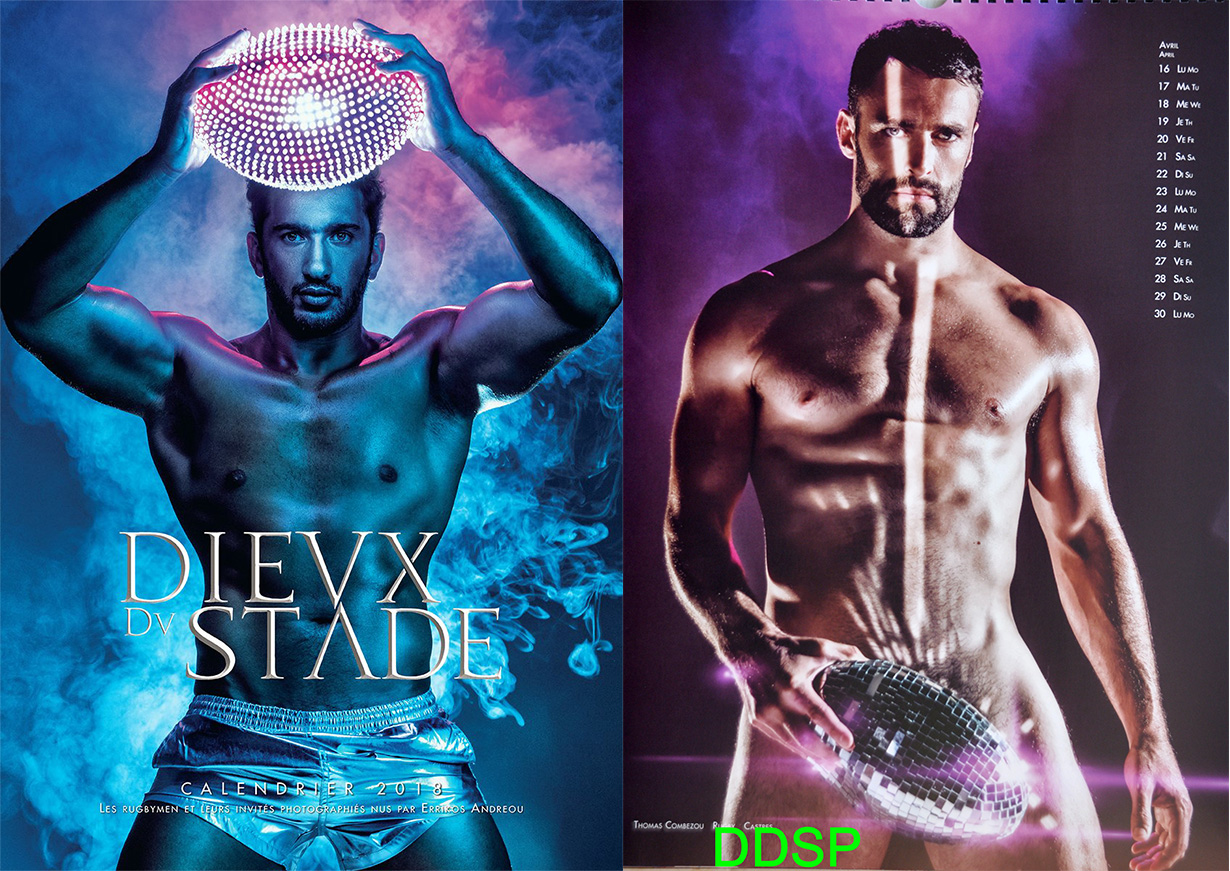

The Belgian orientation on French racing eventually became dominant, and proved to be crucial to the resurrection of the sport in Belgium after a period of crisis around 1900.It was the 1936 Berlin Games that introduced the opening ceremony, the torch relay, the three-tiered presentation ceremony, and the overall sense of lavish, religious spectacle. In competition, too, the discourses of the Belgian press on racers Hubert Houben and Robert Protin celebrated their ‘small nation’ and its success against and differences from its bigger neighbours. France and Britain thus functioned as ‘significant others’ in the shaping of ‘national’ Belgian racing, a process often complicated by the transnational activities of other, commercially motivated actors like cycling tracks or racers themselves. French and British influences were especially crucial here, as Belgian actors were continuously torn between both in determining their position in the amateur –professional question or in the International Cycling Association. Nevertheless, actors like the Belgian cycling press or national cycling union also continuously tried to construct a ‘national’ racing culture. Belgium was a site of cross-border interaction for racing from early on.

In interaction with these transnational flows they shaped national identity in this sport, as the Belgian case shows. However, national actors and sensitivities always remained present. Evidence was provided by this research to argue that Azerbaijan seeks to approach European standards as the reference model of social progress, but without making widely accepted European values such as democracy and human rights their own.įrom the 1860s onwards, the new sport of bicycle racing engendered transnational flows of ideas, practices and performers. The pancontinental character of the sport happening was marked by the context of repression of opposition movements by the Aliyev’s regime, which was criticised by the European Council and Western media. This presentation will also discuss the relevance of the competition as a reflection of current relationships between the European Union and the Caucasian country. Twenty in-depth interviews were conducted with local organisers, politicians and experts. This paper is based on 121 empirical fieldwork completed in Baku in the months following the event. However, the downturn due to the fall of international oil prices negatively affected the impact of the sporting event. This served to internationally portray Azerbaijan as a rapidly developing country and increase national consciousness in society, which was lacking a collective narrative in the post-Soviet era.

The multi-sports event brought together twenty sports categories, and 6.000 athletes representing all the 50 European states. These Games were framed in a trend involving large-scale sports events promoted by the Ilham Aliyev regime, based on the profits of the second oil boom in the 21st century in the country. University of the Basque Country UPV/EHU, Spain The 2015 Baku European Games, the first multi-sports mega-event held at a European level, was a major image boosting attempt undertaking by the young state of Azerbaijan.
Les dieux du stade uptobox series#
Motor racing, on the other hand, which was far less present in Belgian media, took pole position among the sports represented (think of the successful series Michel Vaillant). For instance football, the most popular sport among Belgians and in the media at that time, received relatively limited attention in comics published in Belgium. One of the conclusions of this exploratory research is that comics should be considered as a mirror that distorts historical social reality: in comics some aspects of reality disappear, while other aspects are strongly magnified. The evolution of these sports as depicted in comics is contextualized within the evolution of sport in wider Belgian society: their popularity (whether as spectator or participatory sports) and how they played a role in as indicators of class distinction. Préférences pour des sports dans la bande dessinée belge et dans la société belge (1954-1964) This empirical study aims to quantify the relative importance of different sports in certain types of comics from the period 1954 to 1964-including both language traditions in Belgian graphic narratives, Francophone and Flemish.


 0 kommentar(er)
0 kommentar(er)
